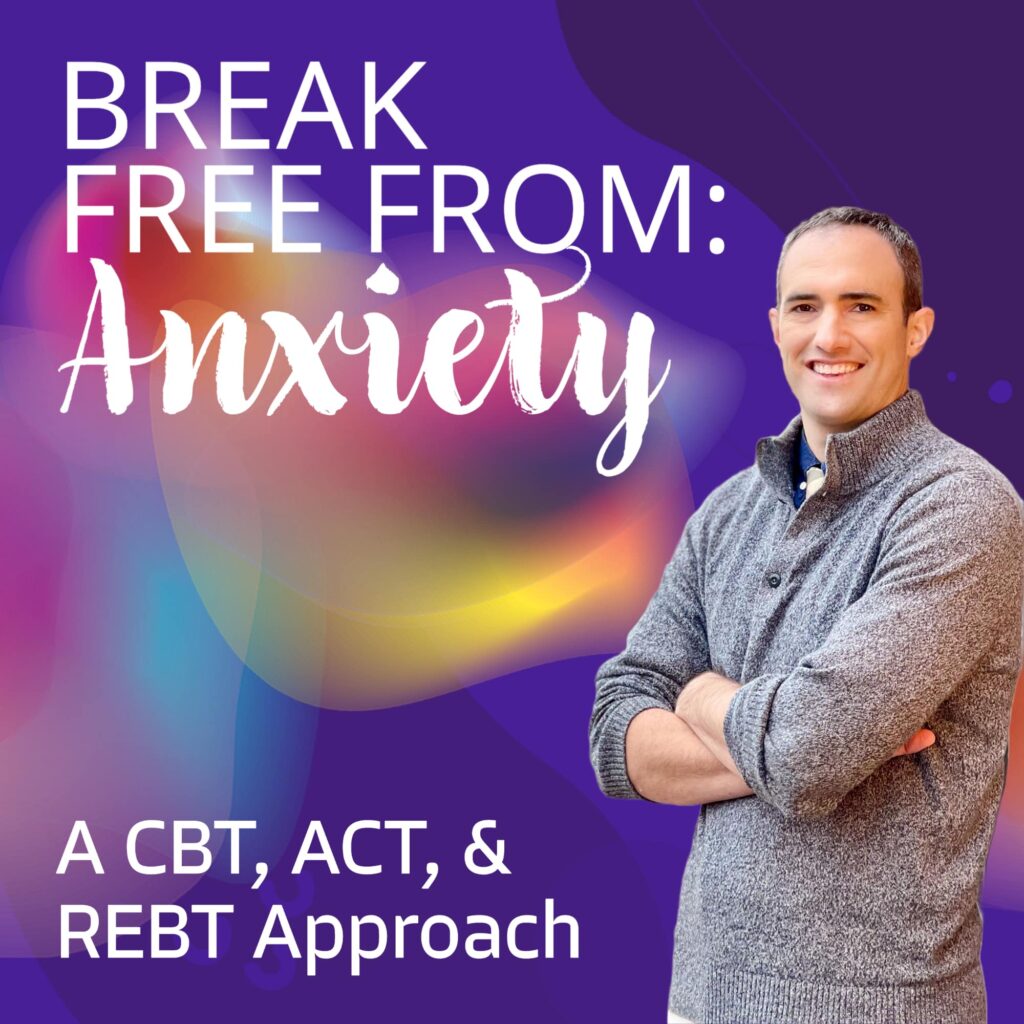Non-pharmacologic Treatments for Inattention, Distraction and Procrastination

– Schedule 10 min of physical movement each day. One study found that 10 min of bouncing a ball improved the attention span of teenagers. Another study showed that students who exercised for 20 min had a higher attention span. You may also consider using a standing desk or get some light weights or exercise bands and incorporate a 10 min routine when your attention starts to wane.
– Meditation. Doing slow deep belly breathing will help your mind practice refocus on one thought. There are multiple apps that can guide you through a meditation session with the push of a button: Waking Up or Headspace.
– Setting goals each week. Set aside a time for a weekly check-in of “New Years Day” resolutions. Get a notebook and write down one action step that you can take that week to achieve your goal. Set goals in clear, measurable terms, and plan how you will achieve the goal. Think about what obstacles you might encounter and imagine yourself addressing and overcoming those obstacles.
– Reward yourself. In your notebook, write down all the rewards that you can give yourself for every day accomplishments. They can range from small (a video game break, walk around a park, a latte), to big (ordering your favorite take out).
– Make a schedule you want by including some down time too. This would make you feel your day is more realistic and something you will want to stick to. We are only able to sustain our focus for 30-45 min, so incorporate 5-10 min breaks (use a timer) throughout your day.
– Track your progress. We are not very good at identifying patterns in our mind, which is why plots and graphs are used to more easily visualize data. By writing down your progress you will start to see how far you have come and will serve as a positive reward. Conversely, if it is not going well, then you can more easily troubleshoot.
– Managing devices. When you need to focus, put your phone or laptop on airplane mode and turn off notifications. If you have a timer, leave your phone on the opposite side of the room so you will not be tempted to use it.
– Give yourself moral support. We all can have a very harsh inner critic. When the critic is motivating, you can feel very productive. But if you need more positive, affirming statements then act as if you are talking to a friend.

– Figure out why you are procrastinating and address it:
1. The task is uncomfortable. You might view the activity as boring, uncomfortable or uncertain. You think that tomorrow might be a better time to start. You feel that you need to be inspired or emotionally ready before doing something unpleasant. The temporary relief will be followed by a nagging sense of incompleteness as the task continues to loom in the near future. The reality is that by avoiding the task, the discomfort you feel will briefly be lower, but spread out over a longer period of time, and you will accomplish the task eventually anyway. In the former case, you will experience more negative emotion: X + Y > Y if X > 0.
2. You fear failure. You doubt yourself in your ability to do a task successfully. You have a critical inner voice that wants you to do everything perfectly.
3. You’re not seeing the benefits. You got the gym membership but you don’t see the benefits. You got the study guide but don’t feel it’s helpful.
4. You fear the alternative if you were to complete the task. You might procrastinate giving up drinking because you want to maintain your freedom and your relationships there.
5. You rationalize. You tell yourself that you need to first research what to do, or buy something, in order to do a good job.
6. You maximize. You feel you need to optimize your situation and every choice you make before embarking. You want to know EVERY reason you procrastinate before you can start. You’re convinced you have ADHD and want to address the ADHD before you can start. You create an impossible contingency in order to start: in order to apply for that job, I need to get an MBA, but I am not smart enough to get my MBA, so I’m not going to get the job.
7. There are other contributing factors. Procrastination can be a symptom of low frustration tolerance, perfectionism, anxiety, depression, poor organization, etc. With time, it can become a learned behavior/habit that feels more natural and comfortable.
– Become an anthropologist of your self. When you procrastinate, use this a signal to become a data-collecting observer of your thoughts and environment. Listen to your self-talk. When you have the urge to procrastinate, record what you do and the diversionary actions. Start to figure out where, what, and how you procrastinate. Once you’ve recorded your observations, map out your procrastination-avoidance sequence.
– Getting started. If you find it hard to get started, use a five-minute plan. Set a timer for just 5 minutes. Jump right into the activity knowing you only have to work on it for 5 minutes then you can take a break if you want.
– Hack your day. Think about the times of the day that you are most awake and attentive (typically mornings), then schedule your most challenging tasks during those times. Conversely, schedule your down time when you naturally feel tired (mid afternoon, nighttime).
– Get plenty of sleep. If you are tired, your brain will not have the cognitive reserve it needs to focus on mentally demanding tasks. Numerous studies show that sleep deprivation will worsen focus, attention, and working memory. Often individuals ask about treatment for ADHD when they are getting 6 hours of sleep or have obstructive sleep apnea. When we treat the sleep problems, the ADHD symptoms will greatly improve.
– Get organized and have someone hold you accountable. Publicly announce your intentions or make a deal with a buddy who can periodically monitory your plan. The antidote to procrastination is staying well organized with lists, calendars, and reminders. Schedule time for recurring events. Put objects in their place to reduce time spent searching for them. Reducing the cognitive load on some of these other tasks will allow you to expend more energy on that which has been long alluding you.
Good luck!










